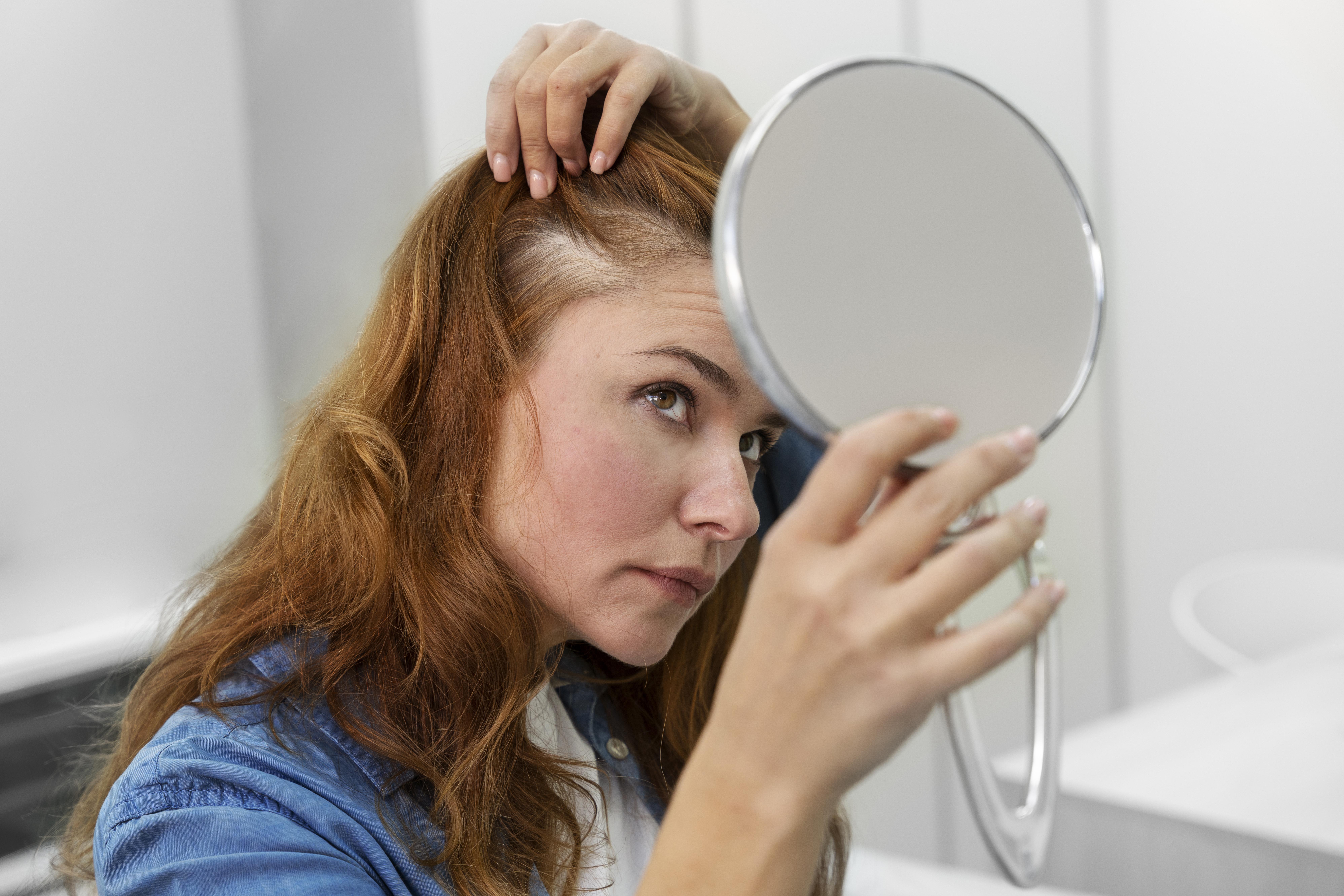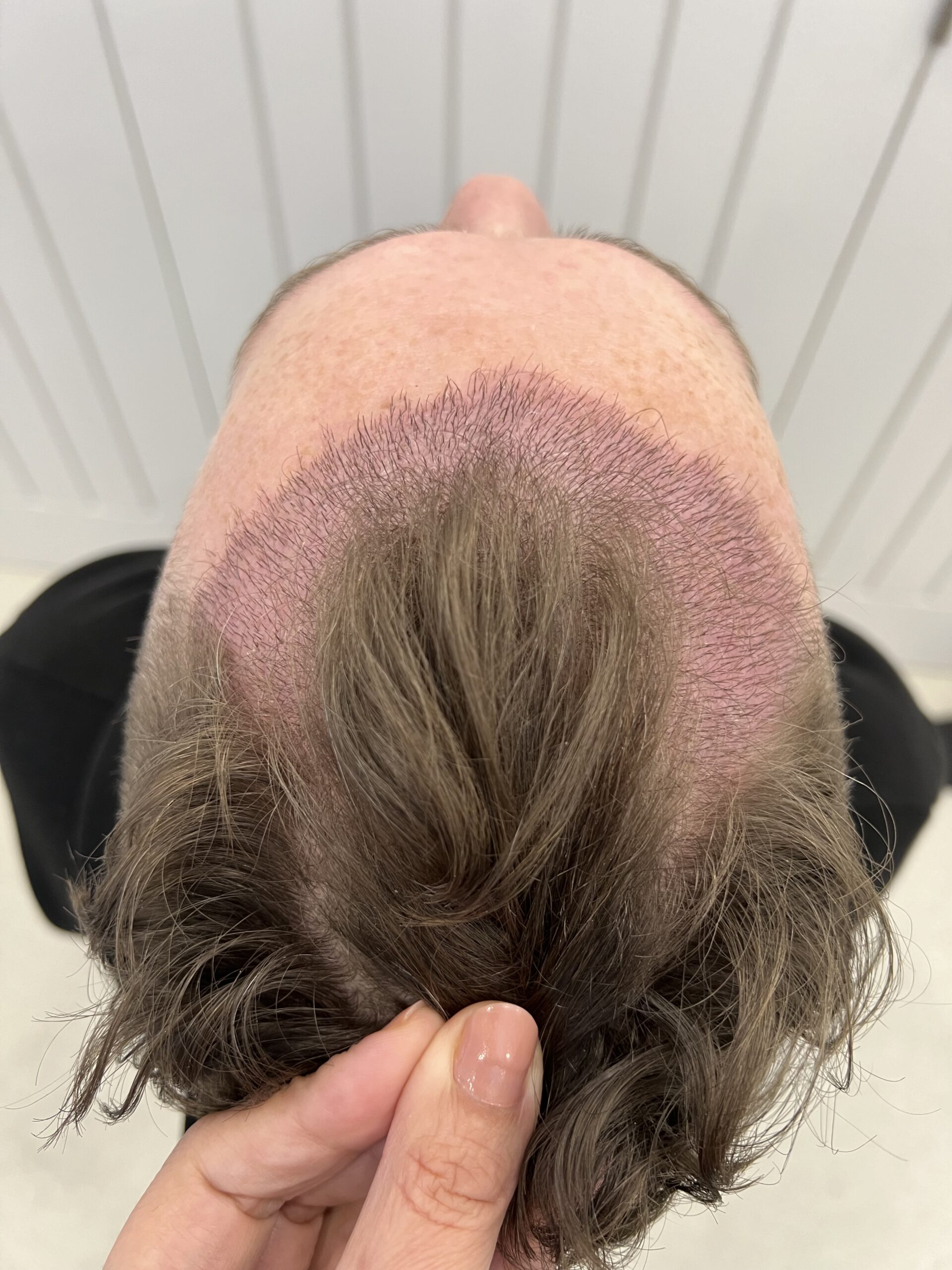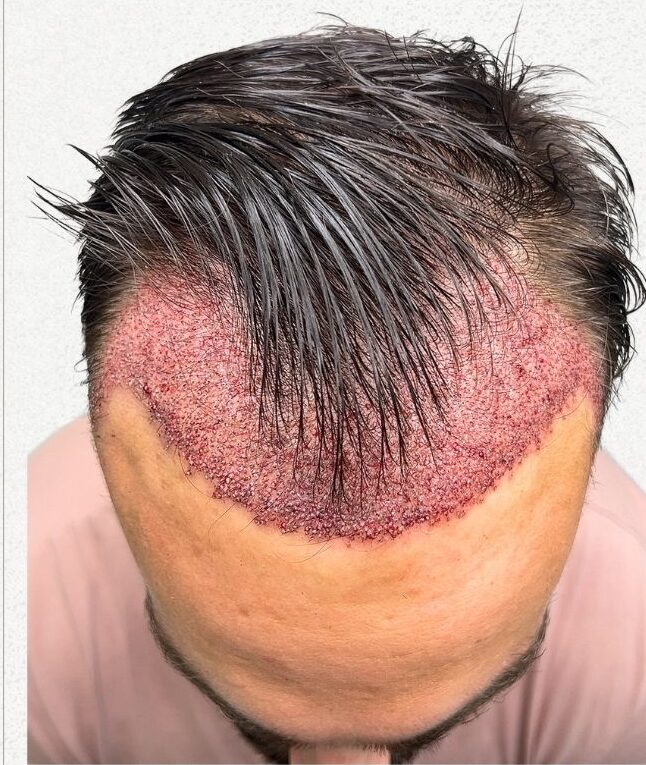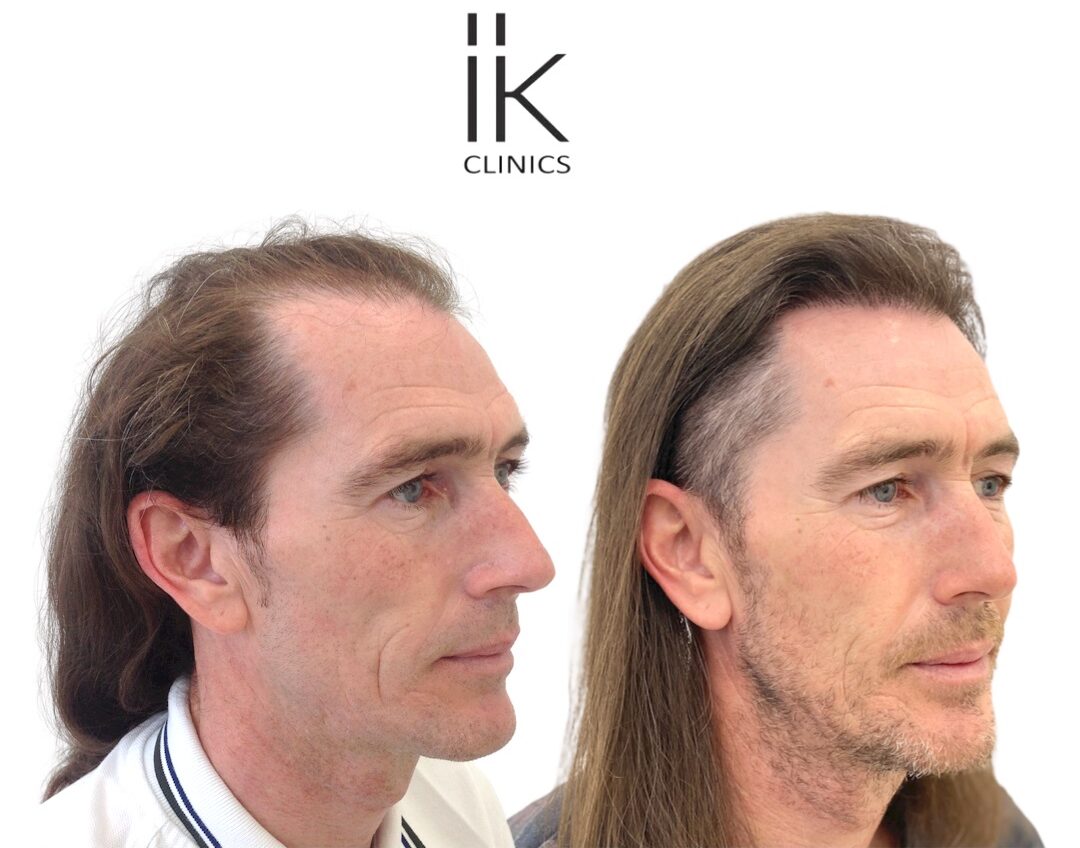More women are now turning to hair transplants as a solution. Whether it’s due to genetics, hormonal changes, stress, or medical conditions, women are seeking ways to restore their hair and confidence.
Hair Loss in Women: A Growing Concern
While hair loss is often seen as a male issue, many women experience it as well. According to studies, around 40% of women will experience noticeable hair thinning by the age of 50.
Unlike men, who tend to develop bald spots, women usually experience diffuse thinning, making hair loss less obvious but equally distressing.
One of the most common reasons for hair loss in women is genetics. Just like men, women can inherit a tendency for thinning hair from their family. Hormonal changes also play a significant role.
Pregnancy, menopause, and conditions like polycystic ovary syndrome (PCOS) can all contribute to hair thinning. Additionally, extreme stress, crash dieting, and vitamin deficiencies are lifestyle factors that can lead to hair loss.
Medical conditions and certain treatments can also result in significant hair loss. Illnesses, medications, and chemotherapy are well-known contributors. Another reason some women seek hair transplants is traction alopecia.
This condition occurs when frequent tight hairstyles, such as ponytails, braids, and extensions, cause hair to fall out over time. With so many potential causes, it’s understandable why more women are seeking permanent solutions.

Why Are Women Turning to Hair Transplants?
Hair transplants were once considered a niche procedure mainly for men. However, thanks to social media, celebrity endorsements, and advancements in medical technology, more women are becoming aware of this option.
Seeing real success stories from other women has encouraged many to consider hair restoration for themselves.
Technological advancements in hair transplant procedures have made the process less invasive and the results more natural. Techniques such as Follicular Unit Extraction (FUE) and Direct Hair Implantation (DHI) allow hair to be transplanted without leaving noticeable scars.
This makes the procedure more appealing to women, especially those who wear their hair longer.
Unlike temporary solutions such as wigs, extensions, or topical treatments, a hair transplant offers a permanent fix. Once the transplanted hair grows, it blends seamlessly with the existing hair. Women can style it naturally without worrying about it falling out again.
For many women, hair is closely linked to their identity and self-confidence. Hair thinning or bald patches can be distressing and impact their emotional well-being.
A successful hair transplant can restore not just hair but also confidence, helping women feel like themselves again. Women today are increasingly prioritising self-care, whether through skincare, wellness, or cosmetic procedures. Hair restoration is now viewed as just another form of self-care rather than something to be embarrassed about.

Who is a Good Candidate for a Hair Transplant?
While hair transplants can be an effective solution, they are not suitable for everyone. Women who experience pattern hair loss, which results in diffuse thinning at the top of the scalp but stable donor hair at the back and sides, are often good candidates.
Those who suffer from traction alopecia, where hair loss is caused by prolonged tension from tight hairstyles, may also benefit from a transplant.
Women who have lost hair due to surgery or injury and have healthy follicles available for transplantation may also be suitable candidates. However, women with widespread thinning all over the scalp or conditions like alopecia areata, an autoimmune disorder, may not be ideal candidates for a transplant.
Consulting with a specialist, like our team at IK Clinics, is the best way to determine eligibility for the procedure.
What to Expect During a Hair Transplant Procedure
The process begins with a consultation and assessment. A specialist will examine your scalp, discuss your hair loss history, and determine whether you’re a good candidate for the procedure. If you qualify, the next step is the actual transplant.
Hair transplants are typically performed using the FUE method, where individual hair follicles are extracted from a donor area, usually the back of the head, and implanted into thinning areas.
The procedure can take several hours but is done under local anesthesia, meaning you’ll be awake but won’t feel pain.
After the transplant, some redness and mild swelling may occur. Most patients can return to their normal routine within a few days, although full hair regrowth can take several months. The newly transplanted hair will initially shed before new growth begins, which is a normal part of the process.

Are There Alternatives to Hair Transplants?
For women who are not suitable candidates for a transplant or who want to explore other options first, there are several alternatives available.
Medications such as Minoxidil (Rogaine) can help slow hair loss and promote regrowth. Platelet-Rich Plasma (PRP) therapy, a non-surgical treatment that involves injecting your own platelets into the scalp to stimulate hair growth, has also gained popularity.
Low-Level Laser Therapy (LLLT) is another non-invasive treatment that uses light energy to encourage hair regrowth. Additionally, lifestyle changes such as addressing nutritional deficiencies, managing stress, and avoiding harsh hairstyles can help improve overall hair health.
Final Thoughts
Hair transplants are no longer just for men. More and more women are embracing hair restoration as a viable and permanent solution for hair loss. Whether caused by genetics, lifestyle, or medical conditions, hair thinning can be distressing – but it doesn’t have to be permanent.
If you’re struggling with hair loss, a consultation with a hair restoration expert can help you explore your options. Taking control of your hair health is not just about looking good – it’s about feeling confident in yourself.

About IK Clinics
We don’t just specialise in FUE, we also offer other hair restoration treatments, such as Stem Cell Therapy and Plasma Therapy (PRP). Additionally, we also provide a range of anti-aging treatments to help you achieve that ‘I feel good’ feeling.
Get in touch to find out more and book your consultation.


